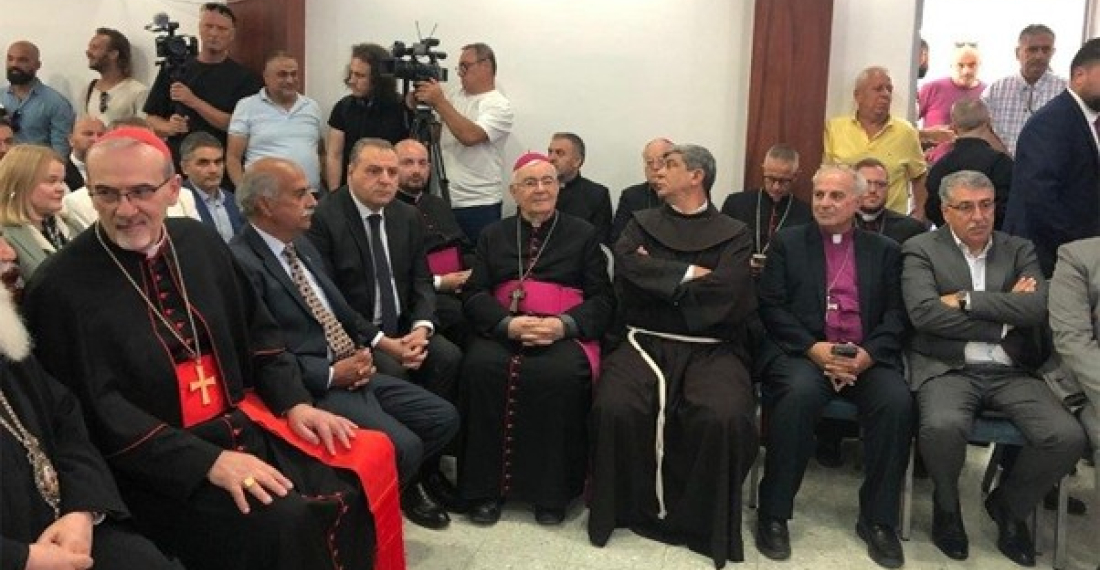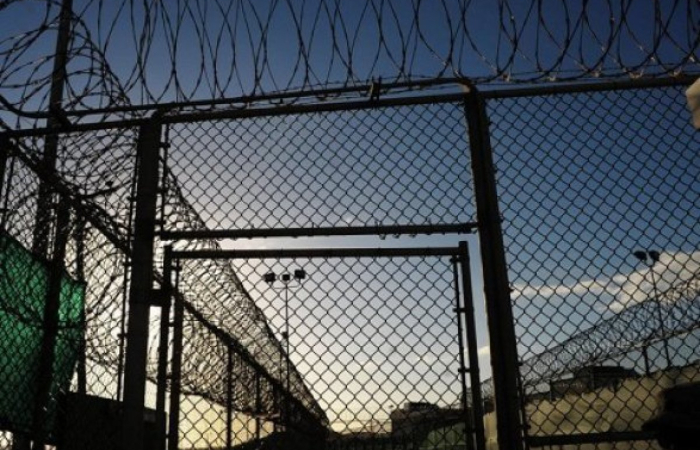Following weeks of settler attacks on the last entirely Christian village in Palestine, the Vicar of the Custody of the Holy Land, Fr. Ibrahim Faltas, makes an impassioned plea for peace.
By Fr. Ibrahim Faltas
In Arabic, Taybeh means “good”. But lately, nothing good has been happening in this Palestinian village, entirely inhabited by Christians.
On Monday, July 14, the heads of the Christian Churches of the Holy Land, together with ambassadors and consuls, came to express their closeness and solidarity with the residents and clergy of Taybeh, who for weeks have been facing severe attacks by hundreds of Israeli settlers. These settlers are violently trying to seize their homes and lands.
Taybeh has around 1,500 residents, all belonging to different Christian denominations: Latin, Greek Orthodox, and Melkite. Yesterday morning, everyone was there—religious leaders, residents, and even people from neighboring villages—grateful for the fraternal support from those who truly understand their suffering.
As you approach Taybeh from the north of Jerusalem, the village presents a familiar and welcoming sight: the bell towers of the three churches rise above the landscape, watching over a peaceful and united community. And from the voices of the people—adults, elders, and children—you could hear their fear, their pain, and the tension of the past weeks.
There have been deaths in the area. Many have been injured. People have been forced from their homes. Buildings have been demolished. Fields set on fire. These are cowardly attacks against unarmed civilians—people who for hundreds of years have remained faithful to the religion of their ancestors in a land that still holds the traditions of Jesus’ time.
And yet, not a single word of hatred or revenge has been spoken—only a heartfelt plea for help, to be allowed to live in peace on their land.
source: This article was prepared by Fr Ibrahim Faltas, Vicar of the Custody of the Holy Land, and was published by the website of Radio Vaticana (Vatican City).
photo: Christian leaders meet in Taybeh on 15 July 2025 (picture courtesy of Radio Vaticana (Vatican City)






